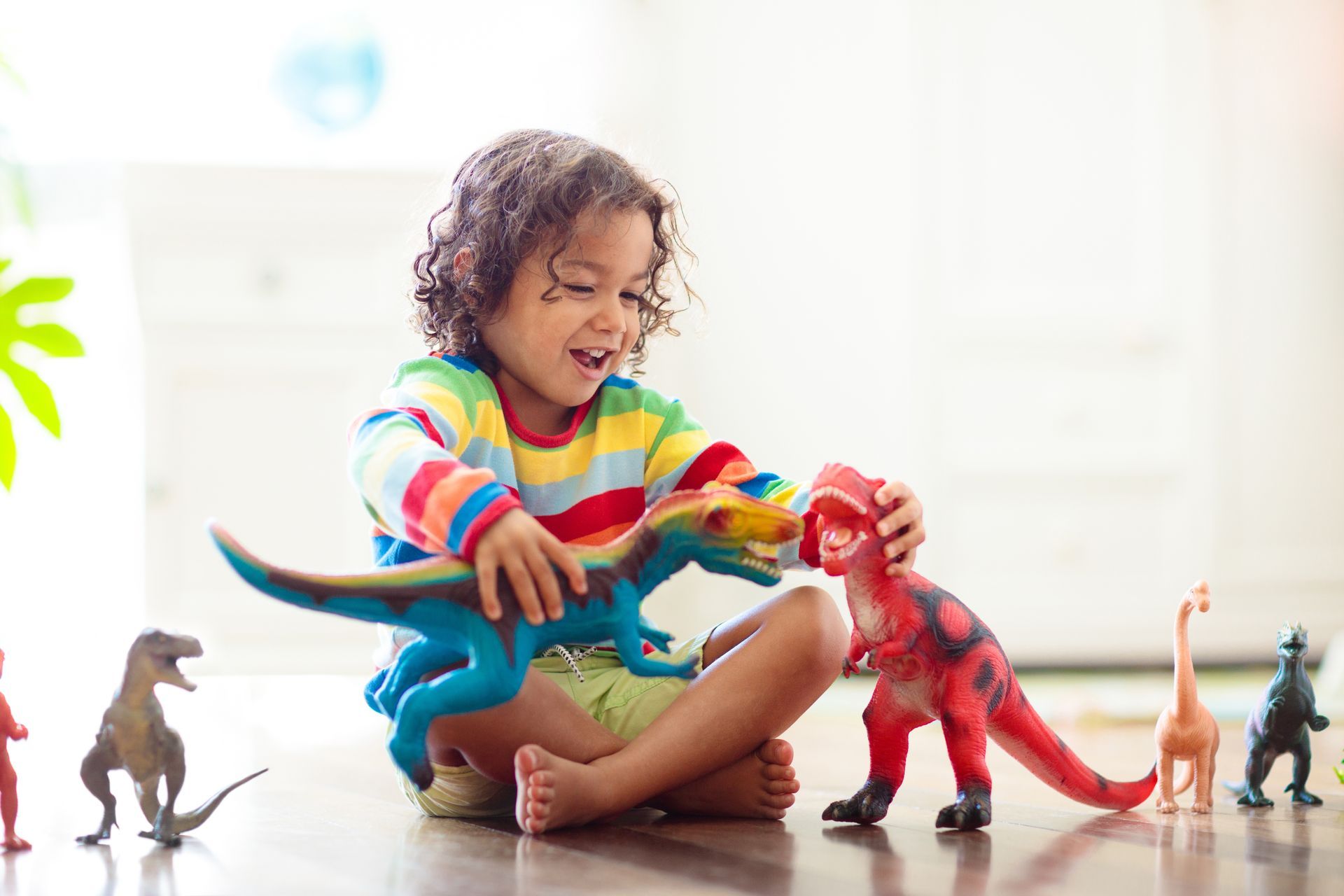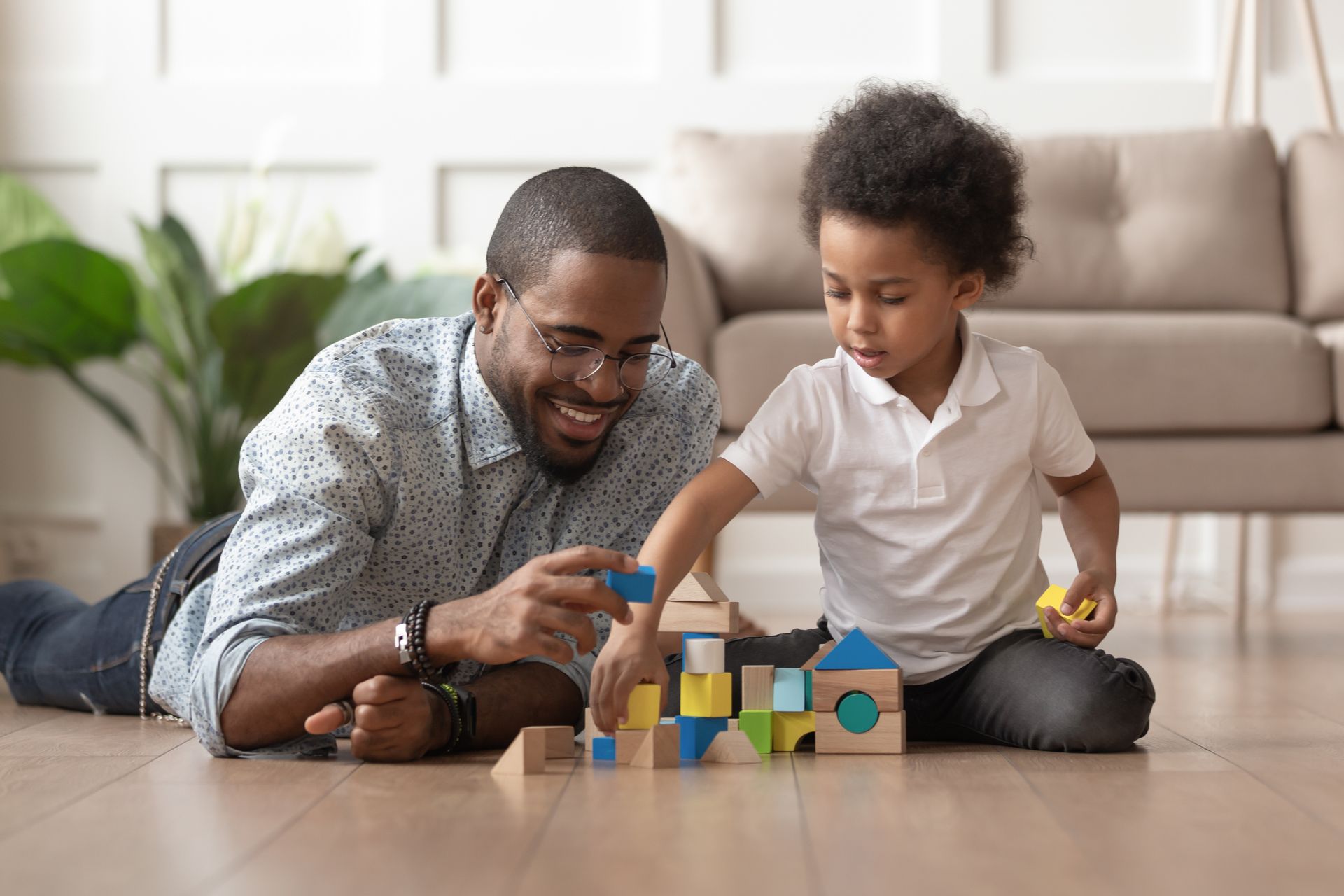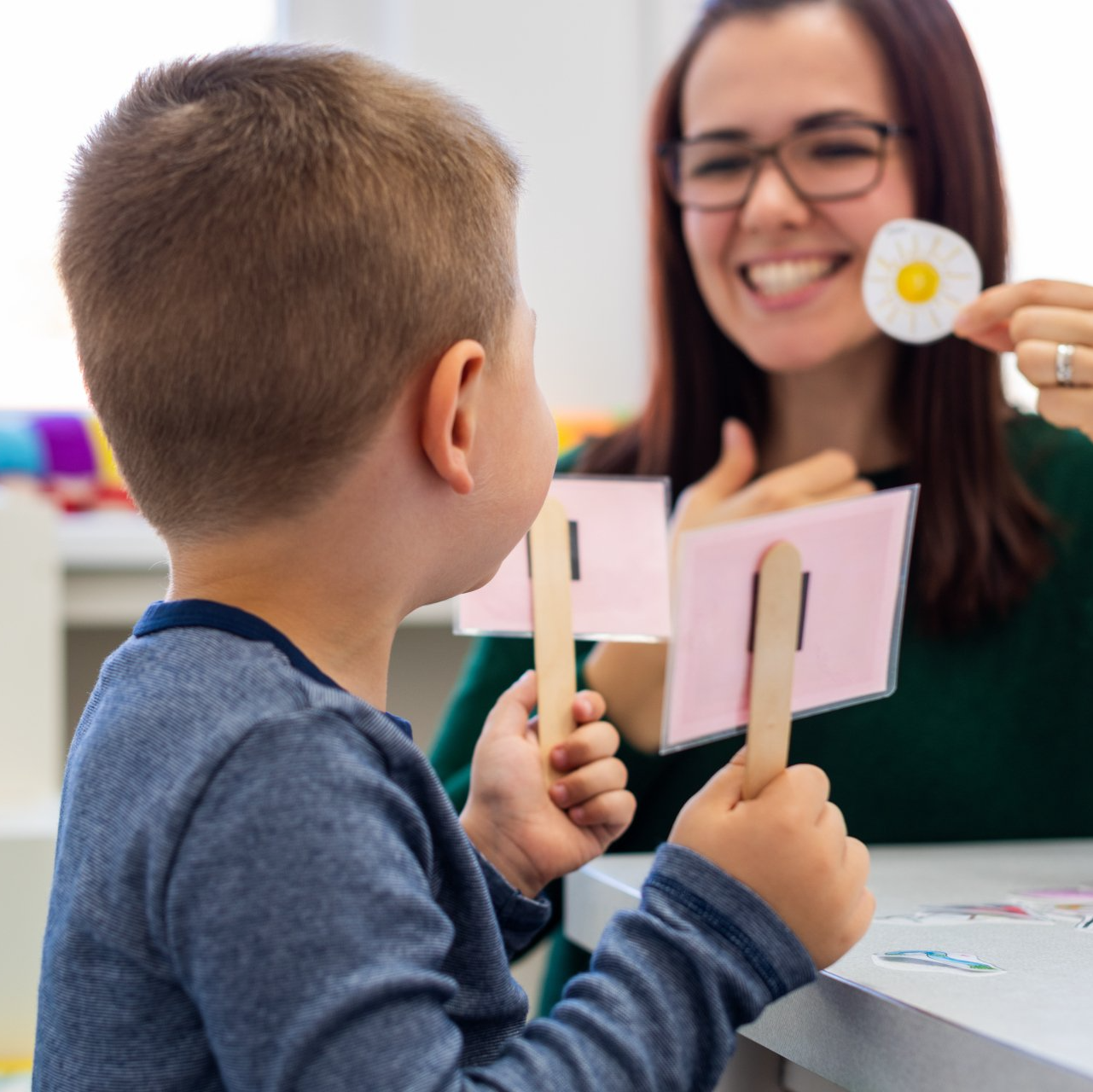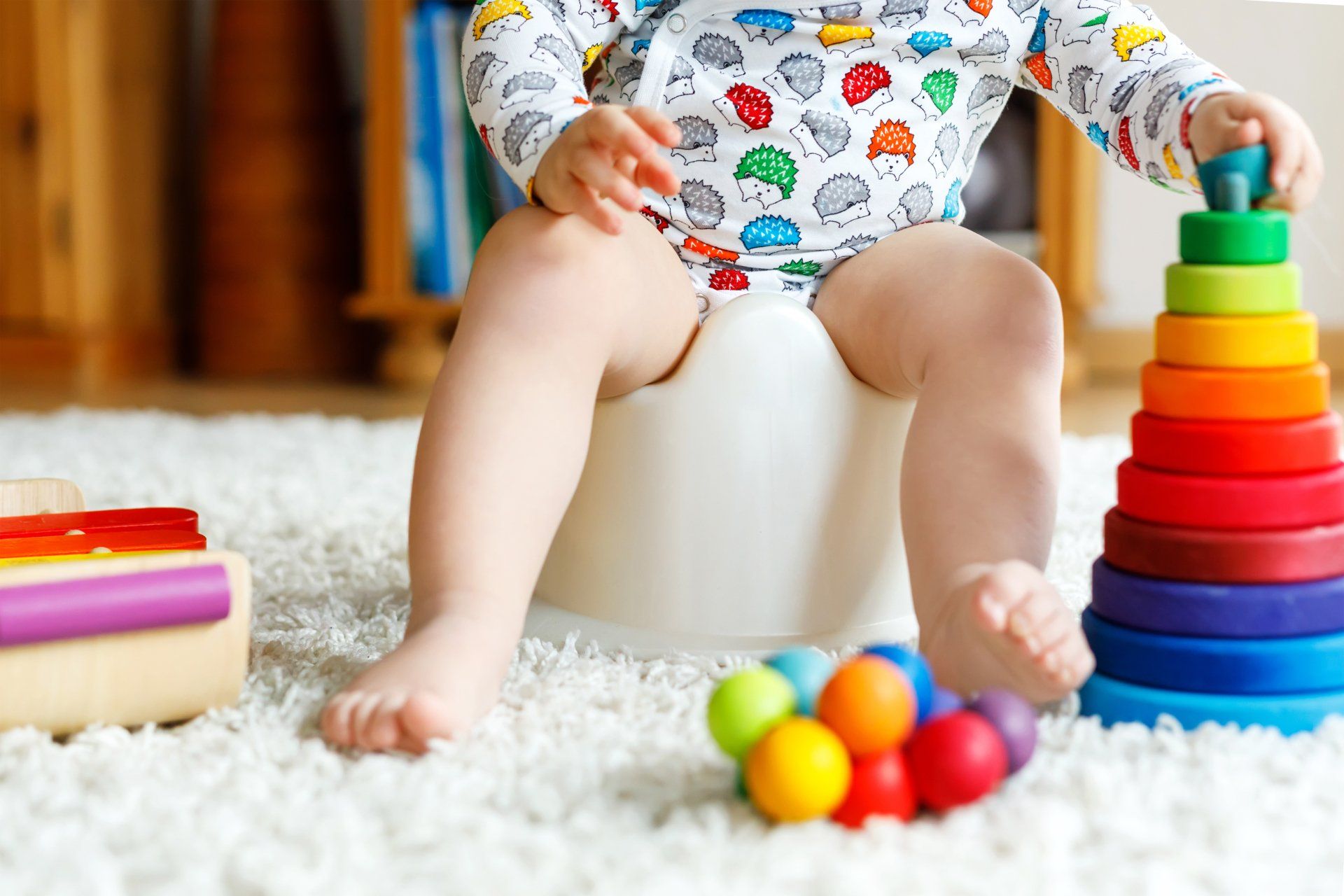The Importance of Self-Regulation in Children
Parenting is a challenging journey, especially when it comes to children of any age. Just when you think you have the answers, the questions change. Like us, children sometimes struggle with regulating their emotions, leading to meltdowns and difficulties in problem-solving.

Emotional self-regulation is the ability to control and be aware of one's emotions, enabling one to approach tasks more effectively. Although this may seem like a daunting task for little humans, it is a crucial aspect of ongoing development. As children learn to self-regulate over time, they experience numerous benefits, including:
- Improved emotional intelligence
- Development of self-discipline
- Increased independence
- Better adaptation to environmental changes
As adults, we ourselves often find it challenging to manage our emotions and behaviors, which may lead you to wonder, "How can I help my screaming child manage their emotions?" Well, here are a few simple ideas to get you started:
- Regulate your own emotions and body before approaching the situation to help your child. Children tend to mirror their parents' emotions and behaviors, so try your best to remain calm. Encourage them to identify and express how they feel, and you can use a feelings chart to assist with this.
- Engage in regulation strategies together with your child. Spending time in a calm and quiet place can be helpful, but what's more important is establishing a connection through tension and release activities. For instance, ball up your fists tightly while breathing in, then release your fists as you exhale. There are many other effective strategies, but the main focus here is creating a calmer environment.
- Utilise a problem-solving wheel with different strategies. Visual aids can act as reminders of regulation techniques and may be beneficial for your child.
- Offer verbal reminders and talk your child through each strategy. Allow them to choose the method they prefer, as giving them choices fosters independence.
- Listen to your child and ensure that you give them the space to express their needs. Collaborate with them to find helpful solutions.
By following these simple suggestions, you can better connect with your child's emotions and help them establish and regulate their feelings. It's important to remember that our little ones are people too and sometimes need a guiding hand as they navigate through life.











